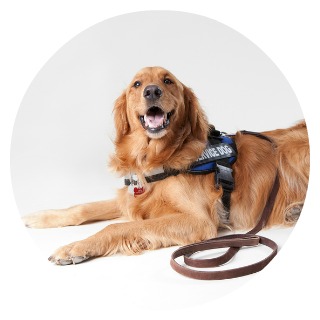 October 2017
October 2017
Maintaining pet restrictions in a condo community can be a massive challenge which leads to fights and arguments among residents and management.
Requests for a service animal accommodation may come from those without disabilities. These people may be attempting to circumvent pet restrictions by claiming their pet is an emotional support animal.
There is a difference between specially trained service animals and emotional support or comfort animals which have no special training. The most common service animal is a dog. Emotional support animals may include a dog, bird or cat.
Some websites sell certificates, tags and other documents to support an emotional support animal claim for a fee of about $70. Some medical providers will write letters for a one-time fee after a single phone consultation or online test (where they may even provide the answers).
None of this is regulated.
Condo corporations enforcing pet restrictions are not required to accept tags, certificates or letters from unregulated registries or medical providers that advertise for this service.
When a service animal requirement is claimed, the answer may depend on the disability. A guide dog certainly qualifies for someone who is blind.
Best Practices for Verifying Service Animal Requests
- Avoid asking specific details about a disability.
- When a disability is not obvious, ask the disabled person to provide documentation from their doctor or other relevant medical practitioner certifying that their condition qualifies as a legal disability, and that there is some relationship between the disability and the service animal request.
- When a medical letter appears potentially questionable do a Google search for the doctor. If they are based out of province or out of country it may be coming from one of the above-mentioned unregulated services. Check the doctor’s website. If it advertises providing a letter for a fee after answering some questions on a website, consider asking that the person see a local doctor face-to-face and having them provide a letter in support of their claim.
There are many legitimate reasons to request a service animal accommodation including blindness, deafness and PTSD. Such requests should be willingly accommodated once proper documentation is provided. Legitimate service animal requesters should willingly comply with these requests. Illegitimate requests will likely be dropped.
 Requesting documentation from legitimate service animal requesters is not improper. This due diligence should be appreciated by those dealing with legitimate disabilities.
Requesting documentation from legitimate service animal requesters is not improper. This due diligence should be appreciated by those dealing with legitimate disabilities.



